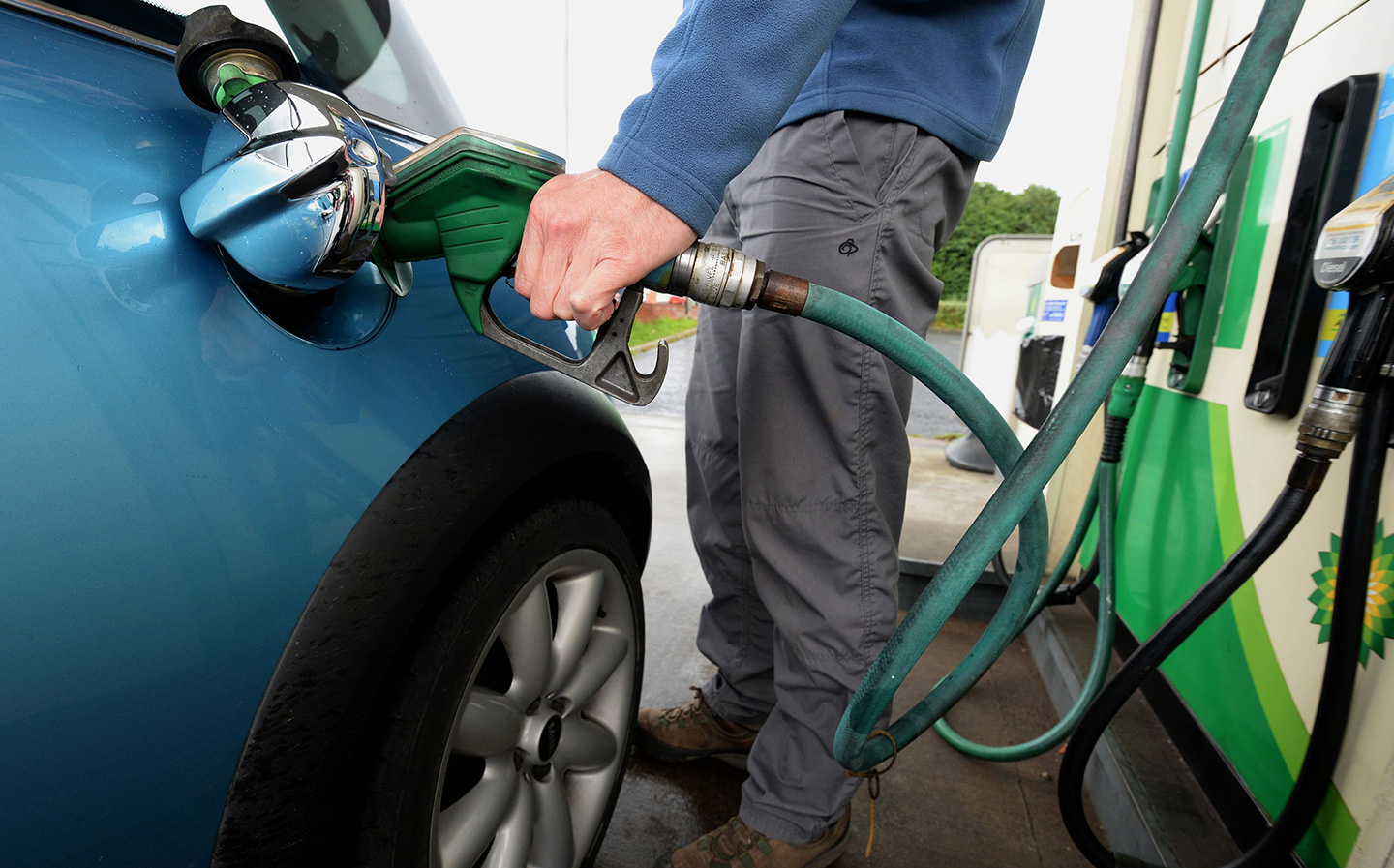Fuel duty will be frozen for ninth consecutive year
Tax freeze should help ease burden of rising fuel costs
FUEL duty will be frozen again in the next budget, the Prime Minister has confirmed.
In her keynote speech at the Conservative Party conference in Birmingham today, Mrs May revealed that Chancellor Philip Hammond won’t include an increase to fuel duty (a tax on petrol and diesel that is charged in addition to VAT) in his Autumn Budget on October 29.
Mr Hammond had been expected to increase the duty, after he told Members of Parliament on September 11 that a fuel excise freeze would cost the Treasury £38bn over the next three years. In fact, the freeze — which is seen officially as as a tax cut because the Treasury budgets on the basis that fuel duty will go up — is now said to come at a cost of £800m a year, according to the announcement.
When the new budget comes into force in April 2019, it will mark the ninth successive year the tax has been capped at 57.95p per litre of fuel. According to the Conservatives, UK car owners will have saved on average £850 at the pumps since 2010 as a result of the duty freeze.
The freeze is good news for British motorists at a time when fuel prices in the UK have risen sharply, due to the devaluation of Sterling against the US Dollar (crude oil is priced at and traded around the world in the American currency). Recent research from the RAC indicates 2018 has so far seen the fastest increase in petrol and diesel prices since 1990.
Drivers are expected to save £1.20 every time they fill up a 60 litre fuel tank, thanks to the new freeze.
AA president Edmund King said: “The fuel duty freeze will bring relief to millions of drivers and businesses across the UK. The high pump prices are already forcing many families to cut back on journeys, household expenditure or both.”
Drivers may benefit from keeping fuel duty rates as they are currently, but the freeze will likely have a knock-on effect for the wider UK economy. New research by the Institute for Fiscal Studies has found maintaining the fuel excise rate at the same level for so long is roughly setting the Treasury back by $9bn per year.
Though the fuel duty freeze is the headline motoring-related announcement from this year’s Conservative Party Conference, it isn’t the only move from the Government that will benefit drivers. It was also revealed that road users will no longer need to pay a toll to use the two road bridges across the River Severn that connect south Wales to south-west England.
Tweet to @J_S_Allen Follow @J_S_Allen
Study recommends further fuel duty rises — just as drivers face ‘hellish’ prices at pumps





